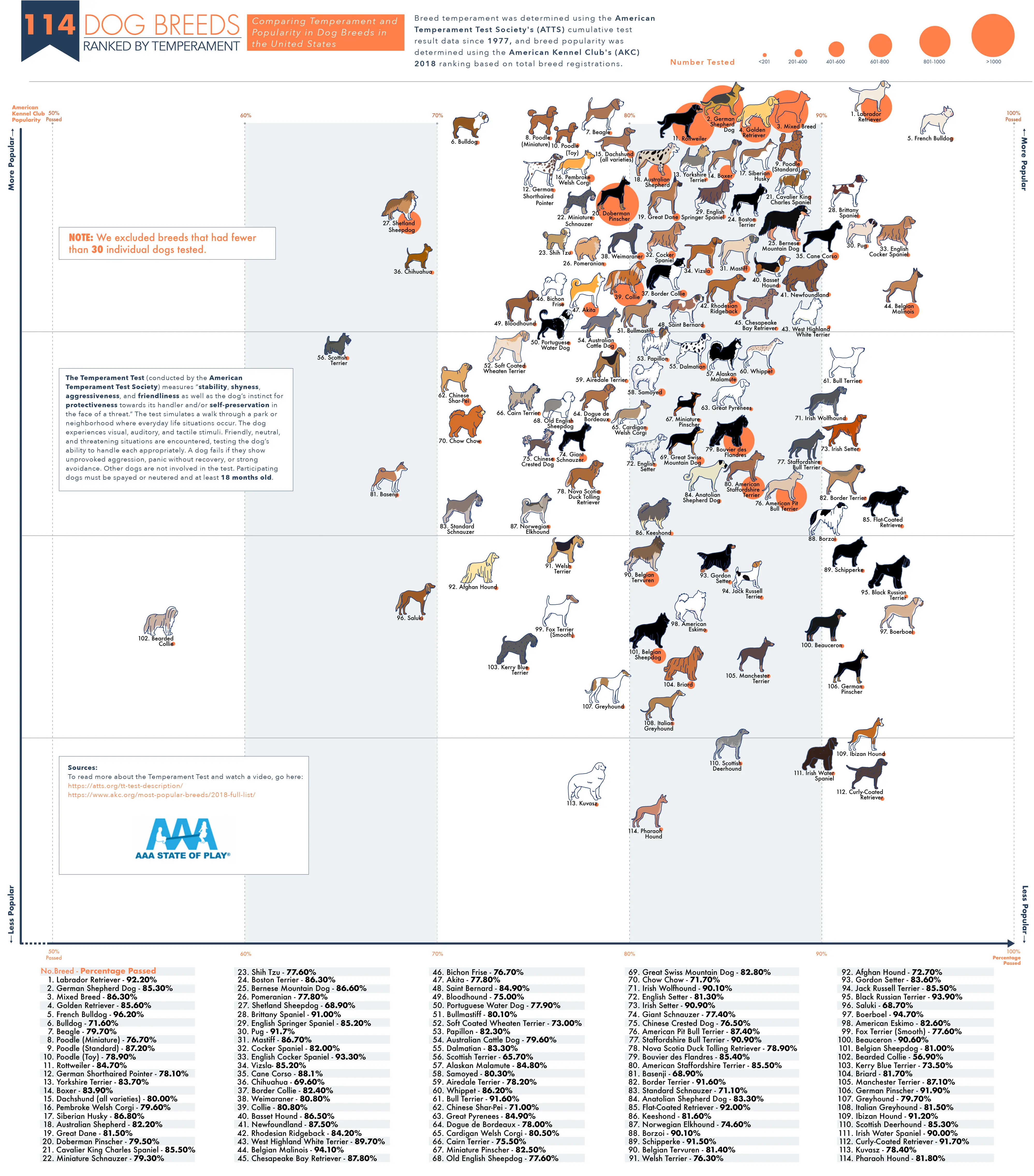Cool Guides
Rules for Posting Guides on Our Community
1. Defining a Guide Guides are comprehensive reference materials, how-tos, or comparison tables. A guide must be well-organized both in content and layout. Information should be easily accessible without unnecessary navigation. Guides can include flowcharts, step-by-step instructions, or visual references that compare different elements side by side.
2. Infographic Guidelines Infographics are permitted if they are educational and informative. They should aim to convey complex information visually and clearly. However, infographics that primarily serve as visual essays without structured guidance will be subject to removal.
3. Grey Area Moderators may use discretion when deciding to remove posts. If in doubt, message us or use downvotes for content you find inappropriate.
4. Source Attribution If you know the original source of a guide, share it in the comments to credit the creators.
5. Diverse Content To keep our community engaging, avoid saturating the feed with similar topics. Excessive posts on a single topic may be moderated to maintain diversity.
6. Verify in Comments Always check the comments for additional insights or corrections. Moderators rely on community expertise for accuracy.
Community Guidelines
-
Direct Image Links Only Only direct links to .png, .jpg, and .jpeg image formats are permitted.
-
Educational Infographics Only Infographics must aim to educate and inform with structured content. Purely narrative or non-informative infographics may be removed.
-
Serious Guides Only Nonserious or comedy-based guides will be removed.
-
No Harmful Content Guides promoting dangerous or harmful activities/materials will be removed. This includes content intended to cause harm to others.
By following these rules, we can maintain a diverse and informative community. If you have any questions or concerns, feel free to reach out to the moderators. Thank you for contributing responsibly!
view the rest of the comments

That's not true. Pits don't have special bites, that's a myth. Their bite force and ability to hold on isn't more or less remarkable than other similarly sized dogs. There are several reasons that "pits" are misrepresented in dog bite rates. The first is over classification of "pit". A Dalmation mixed with a Pit gets called a "Pit" mix. Also, any dog that even remotely looks like a pit gets classified as a "pit" even if they're not, as I found out with two of my three dogs that got mislabeled as Pit mixes, only the third dog is a Pit and the other two are mixes of other breeds. It's not like they're DNA testing at shelters. We do this with Labs too, just Labs have a better reputation.
The second reason is their popularity among those who view them as "tough" dogs. Causing certain types to be the most likely to adopt them. Like with German Shepards/Daschaunds/Doberman dog breeds. It is worth noting though, that there are official "Pit" breeds, like the American Pit and the Staffordshire Terrier, but they can be very different from the type of "Pits" people have as it is immensely popular to mix these dogs with other dogs and there are so many non-professional breeders breeding them. So "Pits" can have a wide array of temperaments due to the large genetic diversity present.